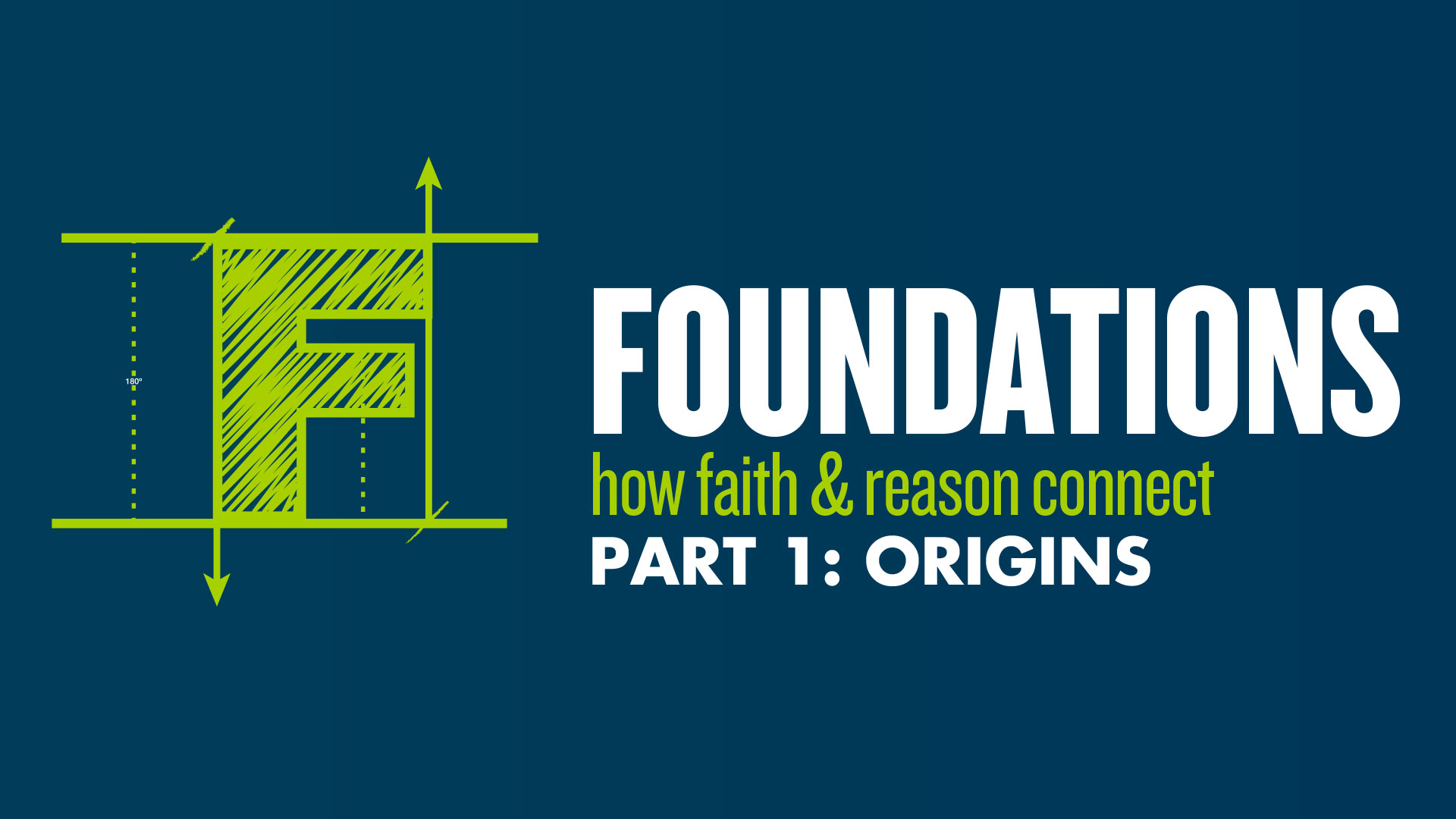My friend Walt* is an agnostic. He thinks he is being very sophisticated using this label; I think he is just being lazy. Don’t get me wrong, I’m not saying all agnostics are lazy – just Walt. Walt is a smart guy, he is well read and quick-witted, with a great sense of humor, he just prefers not to have to come to a conclusion about any of the major questions in life.
Walt recently posted a video on social media debating the origins of life. Are we one big cosmic soup that has been broiling for millions of years, or are we the work of a higher intelligence outside of ourselves? Walt’s response, “They’re both right, they’re both wrong, truth is whatever you decide.”
I’m sorry – what?
It’s always interesting to me that this topic of “Where Do We Come From” continues to be so controversial. The public school system, where the bulk of our students spend their days, generally teaches one theory as “fact” and has done so for decades. It seems like this should all have been resolved by now. And yet this pesky, sometimes angry debate hangs on, almost as if it were… meaningful.
The church almost seems afraid of the discussion. Sure, for the littles we can tell the Creation story each fall or spring, but as we get into the middle school years and beyond we tend to avoid it. Perhaps from time to time we’ll teach out of that first chapter in Genesis, but for the most part it’s a philosophical discussion not a scientific one. After all, we wouldn’t want to make anyone uncomfortable at church.
And the truth is, right or wrong, most of us made up our minds a long time ago on this issue. We’ve stopped engaging with it. So when the conversations come up with students we tend to fall into one of three positions:
THE AVOIDER – “I don’t know how to answer your questions, let’s talk about something else.”
THE APPEASER – “It doesn’t really matter what you believe so long as God gets credit in there somewhere.”
THE AGGRESSOR – “I know I am right. I speak with authority. You should agree with me.”
And in all three of these responses we fail.
One of our responsibilities as we serve our students is to help them pursue truth. If all we demonstrate to them is our weakness, our ambivalence, or our blind certainty, without actually engaging in a conversation, they will eventually stop asking and look for another source.
And where they land on this debate will sketch a part of their framework for evaluating other meaningful questions in life.
It’s time we all got together and boosted our brain size a bit. You might not know this, but the more we uncover about the complexity of life, the more difficult it is to chalk it off to accident. You don’t have to know all the details. (Trust me, it’s impossible to know all the details). But there is some fascinating evidence out there that will increase your awe of our mighty Creator God. For a starting point, check out www.reasons.org.
So the next time a student asks you one of those difficult, uncomfortable questions about this controversial topic, maybe your answer could be, “Well, let me tell you what I’ve been learning about lately…”
We can’t afford to be ‘lazy’ on this topic when we are leading youth.
Michelle Rewa
NTS Foundations Teacher
Guest Blogger
© 2015, Never The Same
*Name Change to hide true identity.

